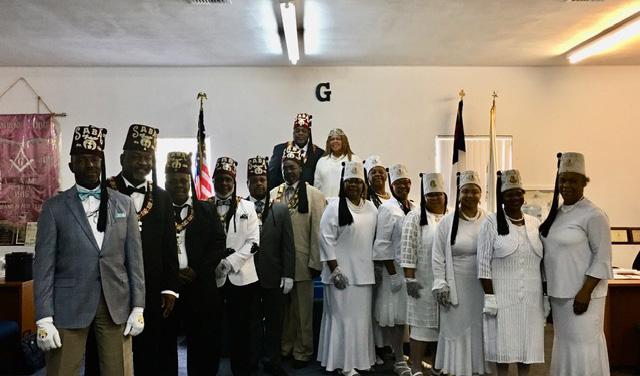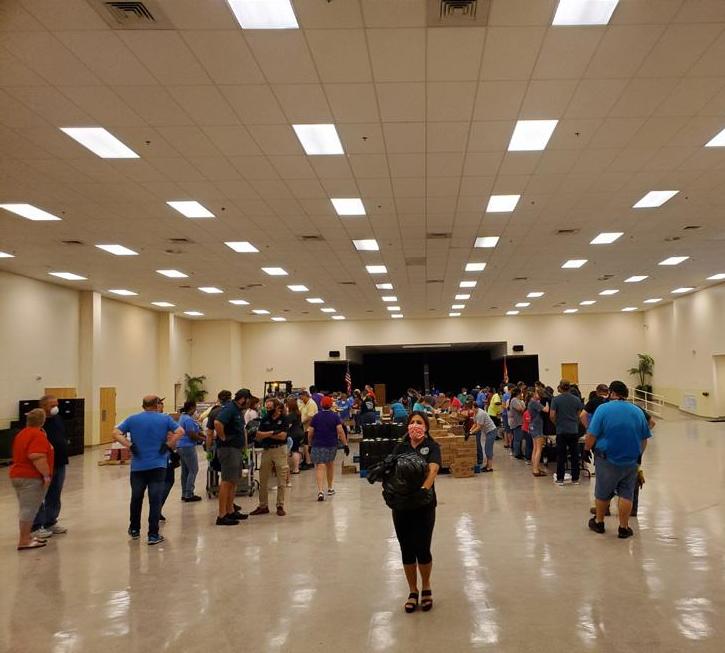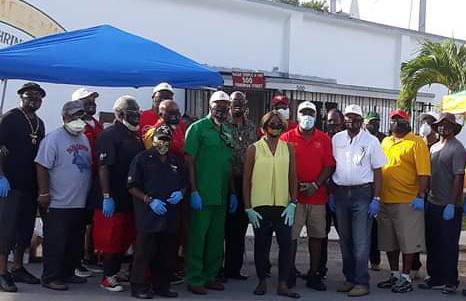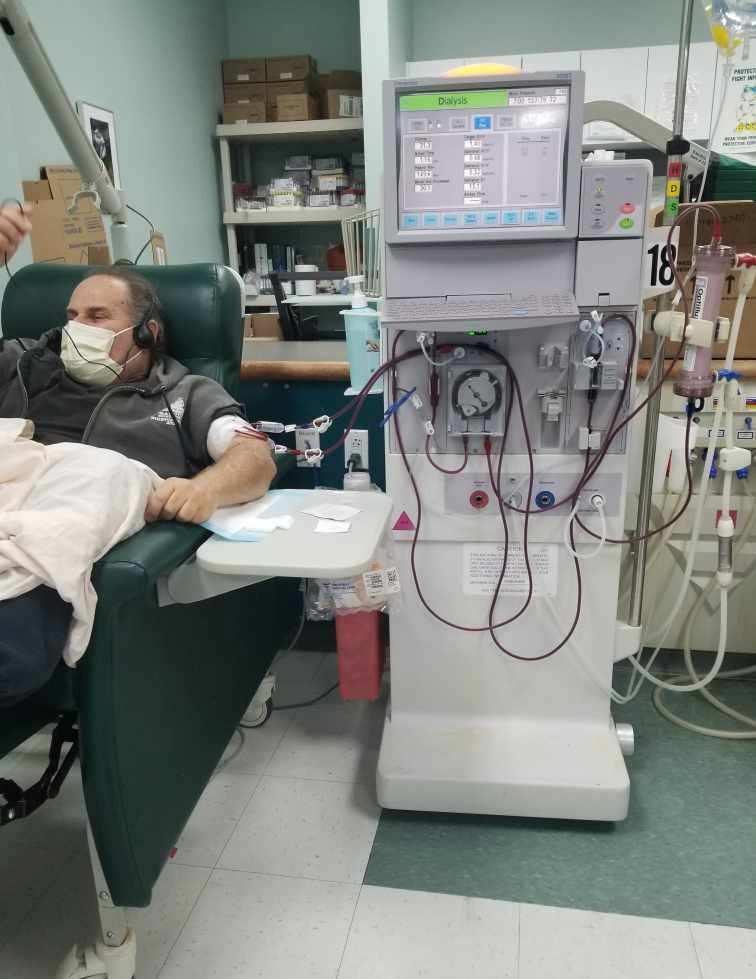COVID-19, Social Injustices and Mental Health Contributed by IP Marvin Hughley Florida Licensed Mental Health Counselor Safia Temple No. 188 Panama City, Fla. Our society has taken on many changes through the years. Here we are, halfway through 2020 and we have had to adjust our daily life as we know it. COVID-19 has had a tremendous effect on every aspect of our existence. While restrictions are being relaxed in certain areas and people are returning to some type of normalcy, I must caution you to continue to focus on your Mental Health. The results of COVID-19 have caused anxiety, depression, excessive drinking, and other abnormal behaviors. I would like to reference Maslow’s Hierarchy of Needs which implies that if our human basic needs are not being met then we cannot progress in our journey to self-actualization. Some of these basic needs include food, water, shelter, and security. With the presence of COVID-19 and other environmental stressors, some have had difficulty in meeting these needs. Unemployment, financial difficulties, mistrust of government to meet our needs and the fear associated with one of our family members or even ourselves contracting COVID- 19 can cause excessive worry, racing thoughts, agitation, and anger. Some questions you might be asking yourself now are: 1. Is it safe for me to leave my house? 2. How can I protect myself and my family? 3. What resources do I have at my disposal? These questions and many others can cause you to feel hopeless and helpless. This can be a common theme associated with the COVID-19 experience. Some may find it difficult to manage their emotional self-care at this time. In addition to COVID-19, millions of people across the nation are protesting about the social injustices that include the killing of unarmed African Americans and police brutality. For many, the images of these killings coupled with the blatant disregard for human life can trigger years of historical or transgenerational trauma. Our ancestors were exposed to trauma via slavery, racism, and years of oppression. Some have experienced this type of trauma firsthand and for others these experiences may have been passed on by your parents, grandparents, great-grandparents, and others. I challenge you to assess yourself and your emotions. There are difficulties with being triggered emotionally and not being able to properly regulate your emotions. This can result in disastrous consequences. Be attentive to your feelings and emotions. Your emotions are like indicators on your vehicle. For instance, your car will alert you as to when to check your engine, how fast you are driving, and when you need to change your oil. Your emotions are indicating that something is occurring within you. It is imperative to pay attention to these feelings and emotions. Show yourself some compassion while understanding your own vulnerabilities. 4 The Desert of Florida’s Oasis Magazine
Oasis Magazine Issue 1

Turn static files into dynamic content formats.
Create a flipbookArticles inside
Issuu converts static files into: digital portfolios, online yearbooks, online catalogs, digital photo albums and more. Sign up and create your flipbook.





























